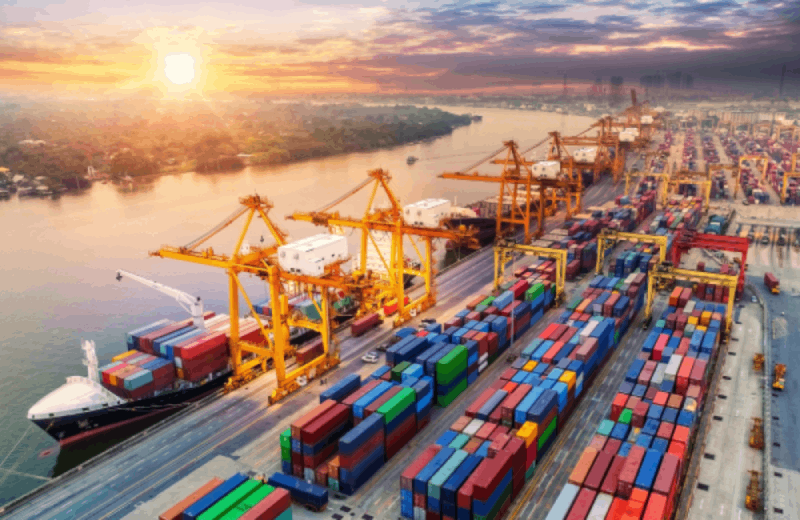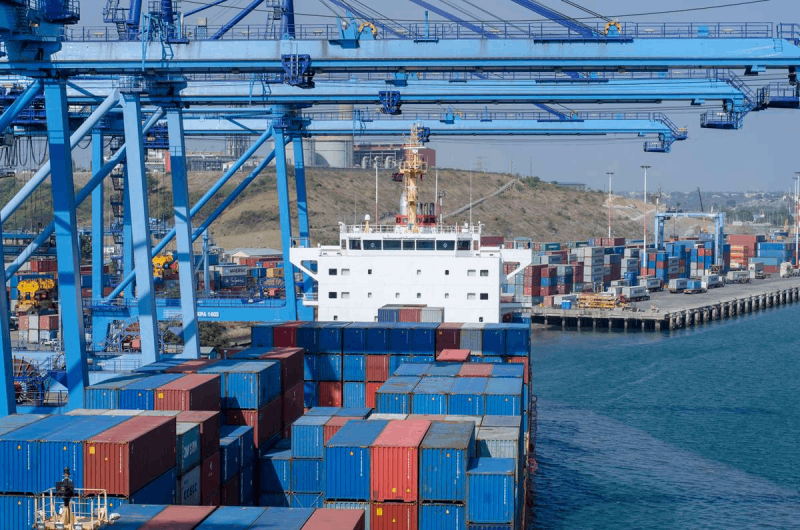Time:2022-05-05 Publisher:Kevin Num:6148

The global supply chain is still in a severe situation. Congestion is increasing in many ports.
Recently, a report released by the Royal Bank of Canada said that due to the closure caused by the new wave of epidemic, the conflict between Russia and Ukraine and other factors, the port delay was longer and the cost was further pushed up.
The bank's analysts found that nearly a fifth of the world's container fleet is currently congested in major ports.
In China's ports, the total number of ships waiting for berths in East China is 344, an increase of 34% over the past month.
Also in Europe, ships from Asia are delayed by an average of four days, causing a number of chain reactions, including a shortage of empty containers to ship goods made in Europe to the east coast of the United States.
Ships and containers must be available at the right time and place to prevent cancellations. Any mismatch will cause the ship to operate at full load, so more ships are needed to transport the same amount of cargo.
Serious ship delay
Royal Bank of Canada (RBC) pointed out that although the ship delay has improved slightly in the past few months, the average global ship delay in March is still 7.26 days, which rarely exceeds 4.5 days under normal circumstances.
On the west coast of the United States, Los Angeles and long beach harbor are still hard to catch up. At present, there are still 17 ships waiting in line in Los Angeles.
The inefficiency of the port has made the turnaround time (TOT) jump from 5 days a month ago to 7.3 days, although it is still lower than the peak of 8.7 days before Christmas last year.
The total turnaround time (TOT) of Rotterdam, Antwerp and Hamburg, the three major container ports in Europe, are 8%, 30% and 21% higher than the normal level in the past five years, respectively.
RBC analysts said: "before we can confidently propose a path to normalize transportation costs, we need to significantly reduce the turnaround time (TOT)."
Us supply chain congestion is serious

It is reported that the supply chain congestion of American manufacturers is very serious, and the delivery time of materials and equipment reached the highest level in April.
According to the data released by the Supply Management Association, it takes an average of 100 days to receive production materials, the longest record since 1987.
"Demand remains strong, but factories simply cannot keep up because supply constraints prevent expansion of production," Stephen Stanley, chief economist at Amherst Pierpont securities, said in a report
The purchasing manager of a manufacturing company said the epidemic had led to concerns about supply at the beginning of the third quarter.
In response, the buyer said that the company was extending the delivery time of customers and ordering products to meet the demand in the first quarter of next year.
On May 2, Maersk announced that the shipping schedule of several voyages on the trans Pacific route would be delayed by one week on the grounds that "the service network continues to accumulate delays due to wharf congestion and ship accidents".



